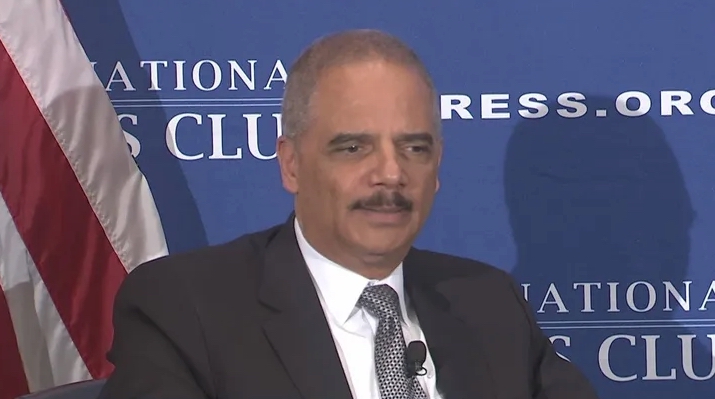An unsettling post at the American Interest looks at Chicago’s shocking murder stats and comes to some provocative conclusions:
Over Labor Day weekend, Chicago saw its 500th murder, making 2016 the city’s “deadliest year in two decades.” But just as stunning as the city’s high and rising rate of violent crime is the extraordinarily low rate at which perpetrators are arrested. As Lois Beckett reports in The Guardian, more than 96 percent of non-fatal shootings, and 84 percent of fatal ones, are going unresolved in the Windy City….
Much ink has been spilled, and rightly so, about America’s “over-incarceration problem”—the fact that many people involved with America’s criminal justice system are put in prison for excessively long periods of time, thanks largely to overly-aggressive local prosecutors combined with a broken plea-bargaining system. But the shocking data out of Chicago highlight the fact that … America has an under-incarceration problem as well…. In places like Chicago, low clearance rates contribute further to a sense of disorder and lawlessness, reduces communities’ trust in the police, and emboldens criminals even further.
How can America have an over-incarceration problem and an under-incarceration problem at the same time? The answer is, in part, that the American criminal justice system tends to be more aggressive than other countries when it comes to prison sentences, but less aggressive than other countries when it comes to hiring and deploying the police officers who bring suspects to court in the first place. As Alex Tabarrok has noted, the theory is that “an optimal punishment system combines a low probability of being punished with a harsh punishment if caught.”
The weight of the empirical evidence, however, points in the other direction: That our criminal justice system would be more effective at deterring crime if it emphasized swift and predictable punishment for a greater number of offenders—that is, a higher clearance rate in exchange for modestly shorter prison terms. So it is possible to support a re-invigoration of policing in places like Chicago while also favoring criminal justice reform measures that reduce sentences for non-violent offenders. As we’ve suggested before, criminal justice pragmatists might propose that the money saved from reduced prison populations and laid off prison guards should be re-directed toward hiring a larger force of police officers and detectives. Even a modest increase in the clearance rate could save the lives of hundreds of Chicagoans per year.


